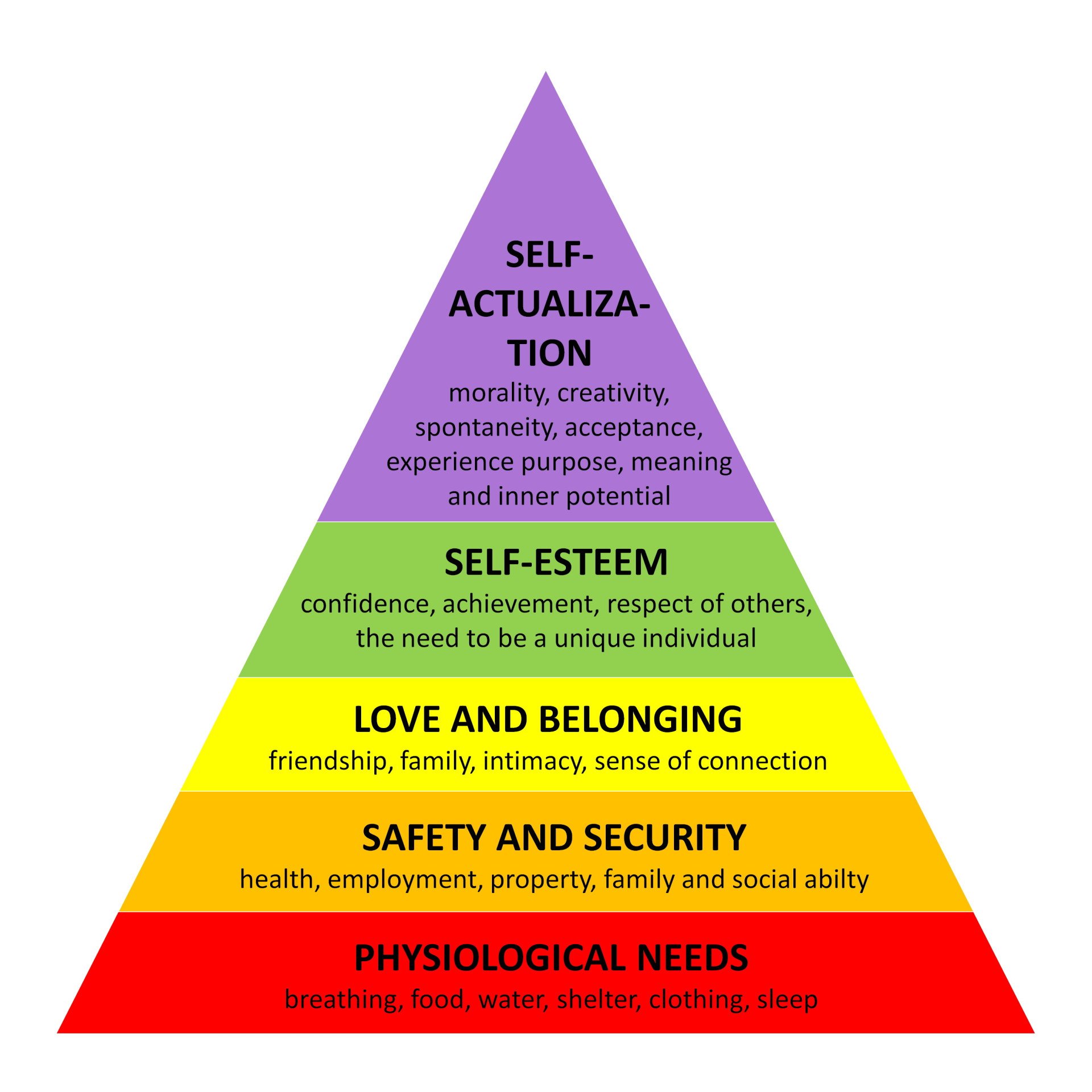DrZoidberg
Contributor
There are plenty of decent systems in practice. I can't set a upper limit on how much money I am willing to pay for such a system, and I can't provide minimal acceptable standards for the quality of care. Neither of those things changes my argument that people have a right to decent healthcare. Your insistence that my moral framework be quantitative is a bizarre red herring.
Not everybody will get decent healthcare. Not in any system. What socialist healthcare system have done is figured out what lives are worth saving and which lives aren't and done a cost benefit analysis and reached a conclusion. Not everybody gets saved. Some people are left to die. Even in Sweden.
That's a discussion we need to have. Sweden isn't a paradise of free healthcare. It's a smart system. But it's fucking far from perfect. Some people here don't get good treatment, because they suffer from stuff that's too expensive to fix, or which is doubtful will work.
There's no health care system that helps everybody. There's always ways you need to qualify for it.
It pisses me off when lefty's make blanket statements about everybody's inalientable rights that just aren't true. Healthcare is a constant weighing of who it is worthwhile to save and who isn't. Saying that everybody has a right to decent healthcare completely ignores that. It's platitudes which can impossibly come true.


